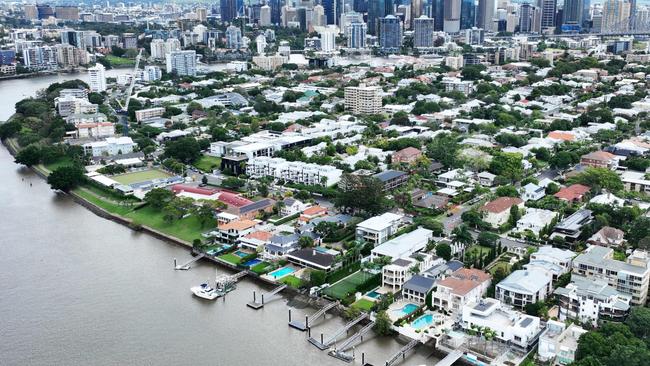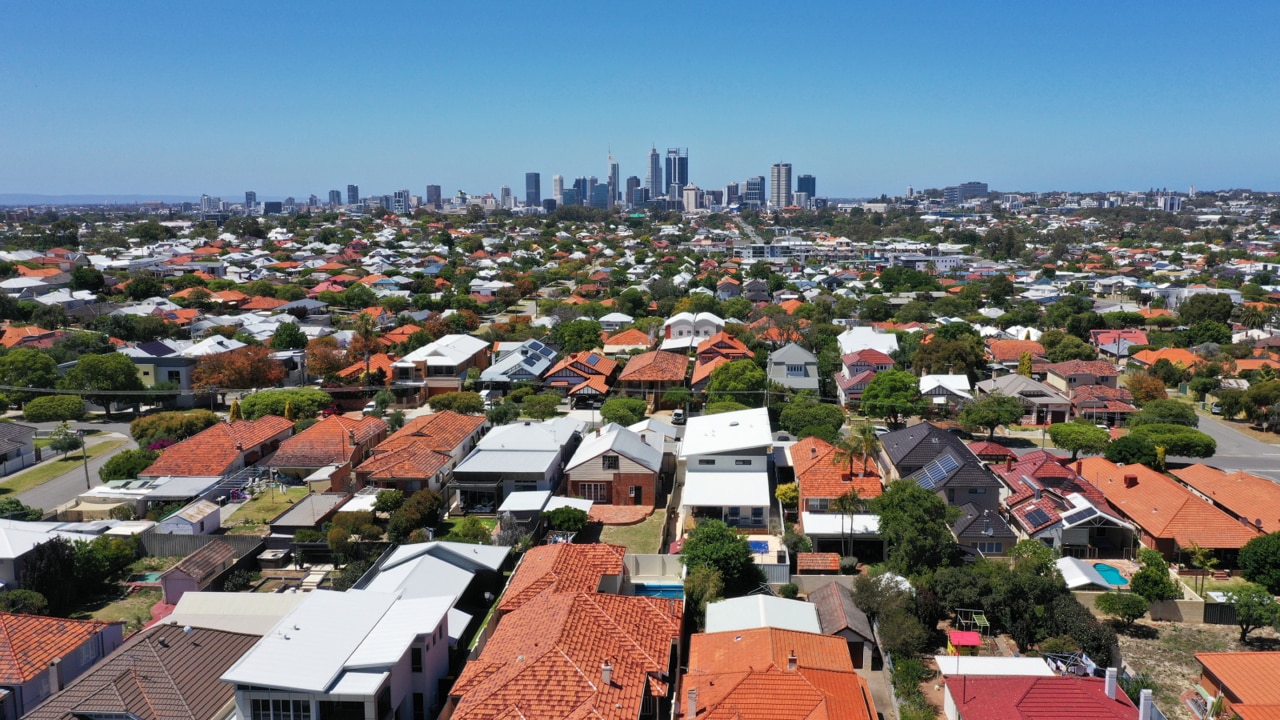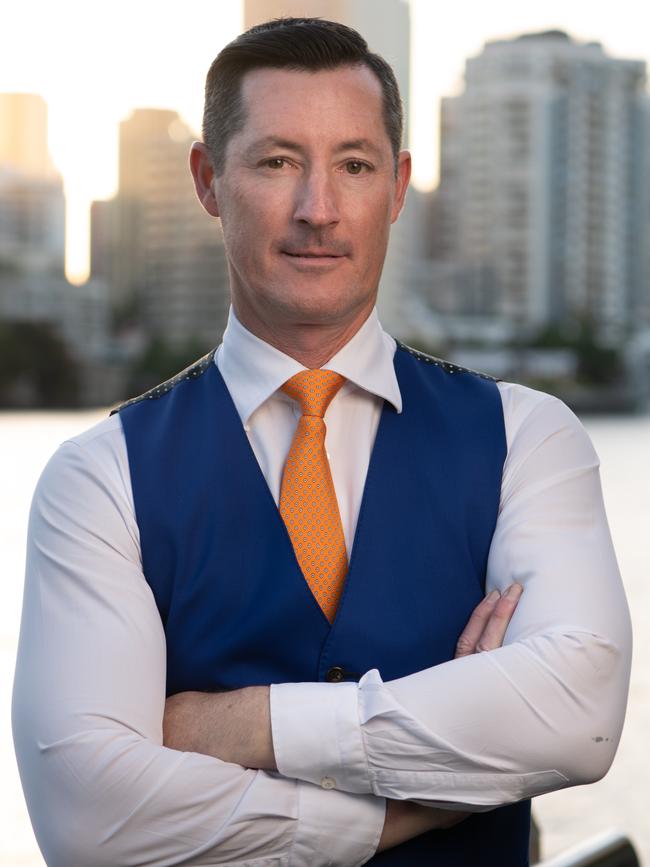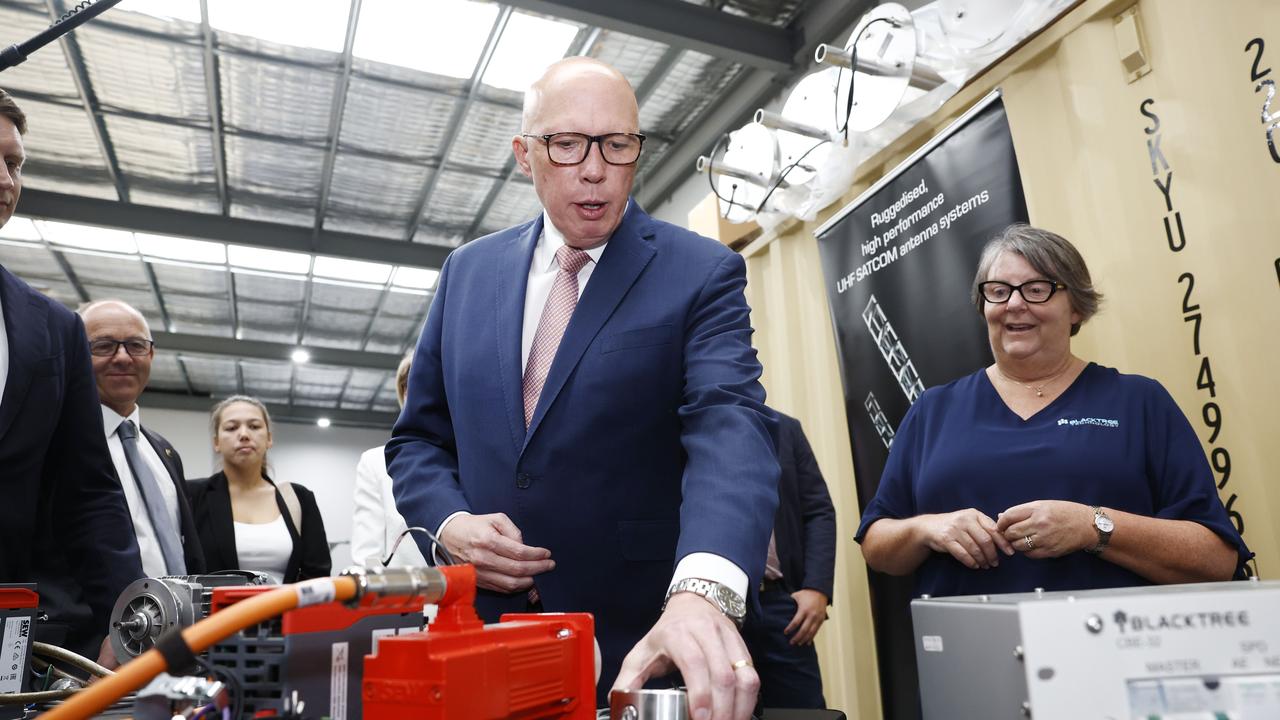Brisbane buyers not deterred by surging property prices
Brisbane might now be the nation’s second-most expensive housing market but property experts don’t believe that owner-occupants or investors will be deterred from buying.

Brisbane might now be the nation’s second-most expensive housing market but property experts don’t believe that owner-occupants or investors will be deterred from buying.
The enviable lifestyle of Queensland’s southeast corner has attracted a surge of interstate and overseas migrants since the pandemic. The influx has only exacerbated the acute housing shortage, causing prices to rise by more than 65 per cent over the past four years and rental vacancies to shrink to near-record lows.

But experts are not sure that the erosion of affordability will be enough to dissuade buyers, given Brisbane’s continued growth trajectory. Founder of buyers agency Propertyology, Simon Pressley, said the region’s recent popularity was a compliment.
“For the past decade, I’ve been saying we’re the third-biggest city but we’re boring,” he said.
“Finally, we’ve got multiple new bridges connecting each side of the Brisbane River, lots of cultural things, it’s great.”
Housing researcher and PropTrack senior economist Paul Ryan said growing populations would further “legitimise” the River City as an alternate to Sydney and Melbourne.
“It’s less and less of a lifestyle player, and turning into another big metropolis that has all the job opportunities that the bigger two cities have always been known for,” Mr Ryan said.
Investment yields in Brisbane have been slipping as housing prices increase, says chief executive of The Agency, Geoff Lucas.


At 3.9 per cent, Brisbane is only slightly ahead of the struggling Melbourne market, where he believes great value can be found.
“Melbourne suffered through Covid and now they’re suffering through the legislative changes and property taxes, which is driving investors away, so you’re seeing capital growth there,” Mr Lucas said. “Because of that, it is emerging as an opportunity in the medium term.”
Mr Pressley believes investors should be casting their net wider than the capital cities. “If you’re an investor, it’s in your interest to be open-minded,” he said.
“That means eight capital cities and 400 regions. Some of those are higher risk than others, but big does not mean better, and it certainly does not mean safer.”
Ray White chief economist Nerida Conisbee said Perth continues to be a “star achiever” in the capital gains stakes and should be on the radar for investors.
“It has to do with a lot of wealth being created there,” she said. “It’s also a bit of a catch-up, and the home building situation there – it is really expensive to build a new home – which is pushing up the price of established homes.”






To join the conversation, please log in. Don't have an account? Register
Join the conversation, you are commenting as Logout